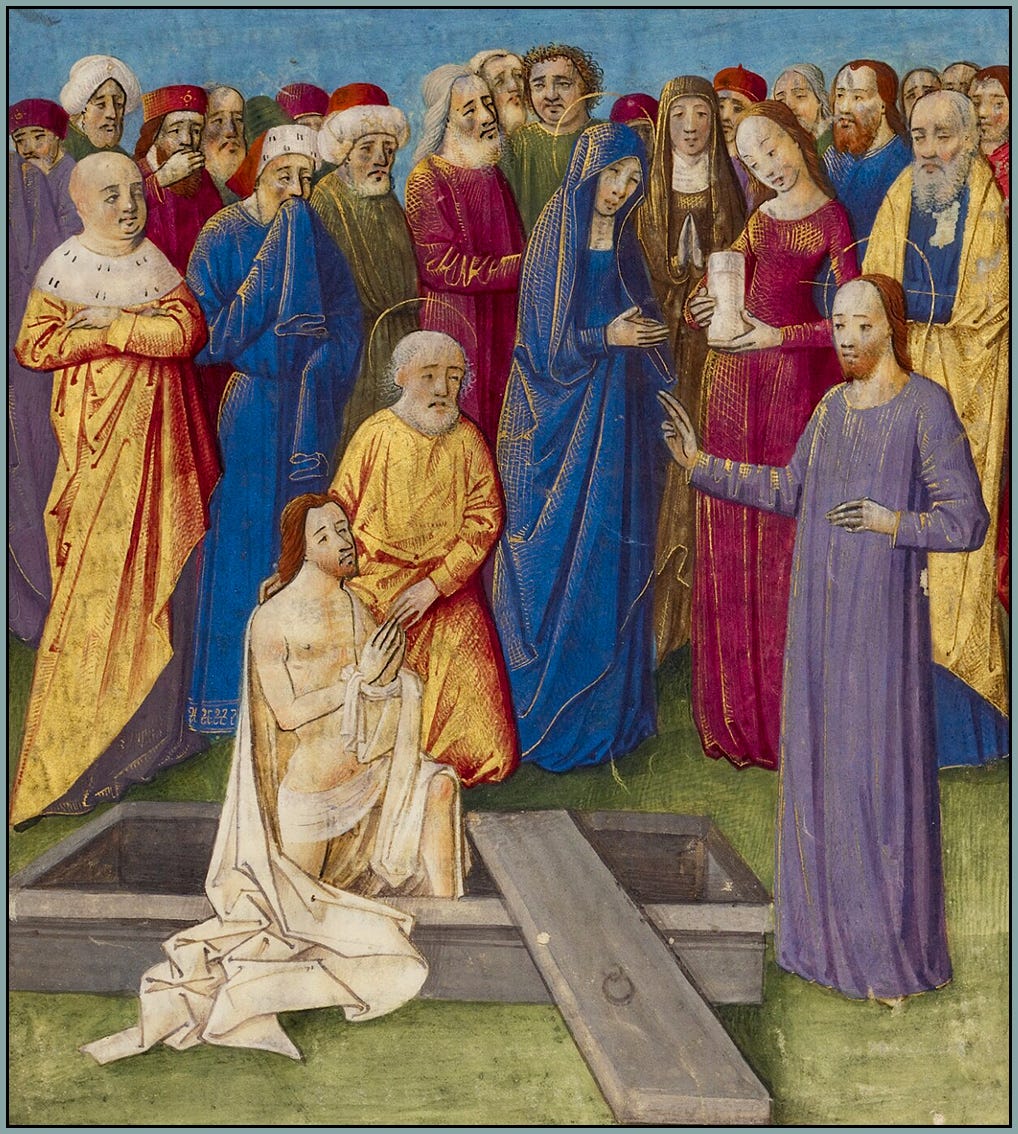A Shakespeare Play (and a T. S. Eliot Poem) for Easter
“Virtue preserved from fell destruction’s blast, / Led on by heaven, and crowned with joy at last.”
This form, this face, this life
Living to live in a world of time beyond me; let me
Resign my life for this life, my speech for that unspoken,
The awakened, lips parted, the hope, the new ships.
What seas what shores what granite islands towards my timbers
And woodthrush calling through the fog
My daughter.
These are the concluding lines of “Marina,” by T. S. Eliot. Earlier the poem meditates esoterically on death, and though much critical ink could be spilled in an attempt to untangle Eliot’s oracular language, for me the basic meaning is clear enough: death remains unsettling, incomprehensible, and, above all, incomplete—surely it’s no accident that the death stanza is an ungrammatical concatenation of four incomplete sentences.
Shortly thereafter, the poem moves through a brief transitional realm, a place of opposites in tension: “What is this face, less clear and clearer / The pulse in the arm, less strong and stronger.” After the transition, which occurs in a textual space that seems to me about the length from a Friday afternoon to a Sunday morning, the poem is all life: “This form, this face, this life / Living to live in a world of time beyond me.” It is the moment of an “awakened” one, who with “lips parted” is prepared to breathe once again, to speak once again. The speaker of the poem sees that the awakened one possesses far more than mere biology can bestow; he knows—upon confronting so mysterious a form, so transcendent a face—that only one response is possible: “let me / Resign my life for this life.” If a stilted, bureaucratic word like “resign” does not please us here, we must look deeper: the speaker wishes for a life re-signed, as in re-drawn, re-imagined, re-expressed. He seeks not to be annihilated and remade, not to utterly lose what he already is, but rather to be completed, fulfilled, perfected: to let his speech be transformed by silence, to let his life be transfigured by Life.
Eliot’s poem “Marina” was inspired by a profoundly beautiful reunion of father and child in a play called Pericles, Prince of Tyre, by William Shakespeare.
Keep reading with a 7-day free trial
Subscribe to Via Mediaevalis to keep reading this post and get 7 days of free access to the full post archives.





